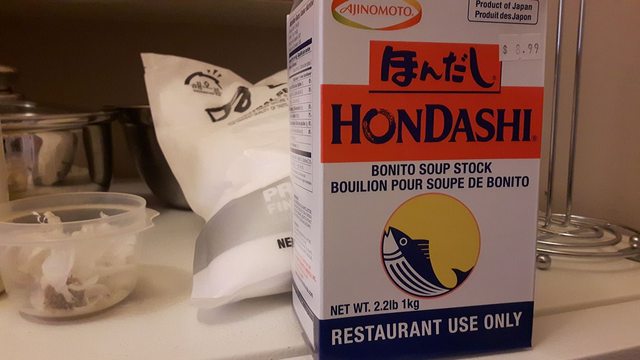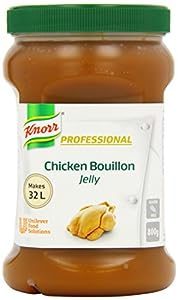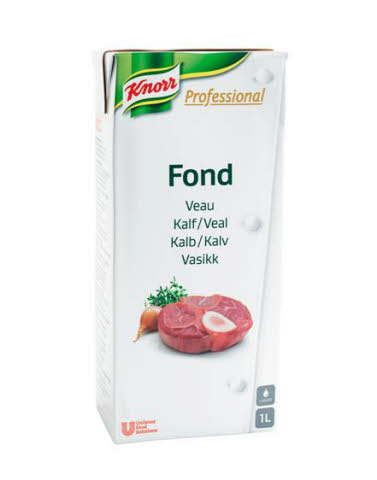spoiledbroth
Senior Member
- Joined
- May 17, 2015
- Messages
- 1,764
- Reaction score
- 4
I saw this today at some random clearance warehouse and I couldn't really resist. I question whether or not I'll be using it before the expiry date lol (1 yr from today's date)

anybody else guilty? :clown: I've been meaning to try out some of the mushroom stocks you can find at asian grocers. David Chang says they're pretty good.
so who's got the rocks to own up to doing this... :wink: (behind is 5.5lb of sea salt for a bit under $1/lb... love my asian grocers)

anybody else guilty? :clown: I've been meaning to try out some of the mushroom stocks you can find at asian grocers. David Chang says they're pretty good.
so who's got the rocks to own up to doing this... :wink: (behind is 5.5lb of sea salt for a bit under $1/lb... love my asian grocers)







